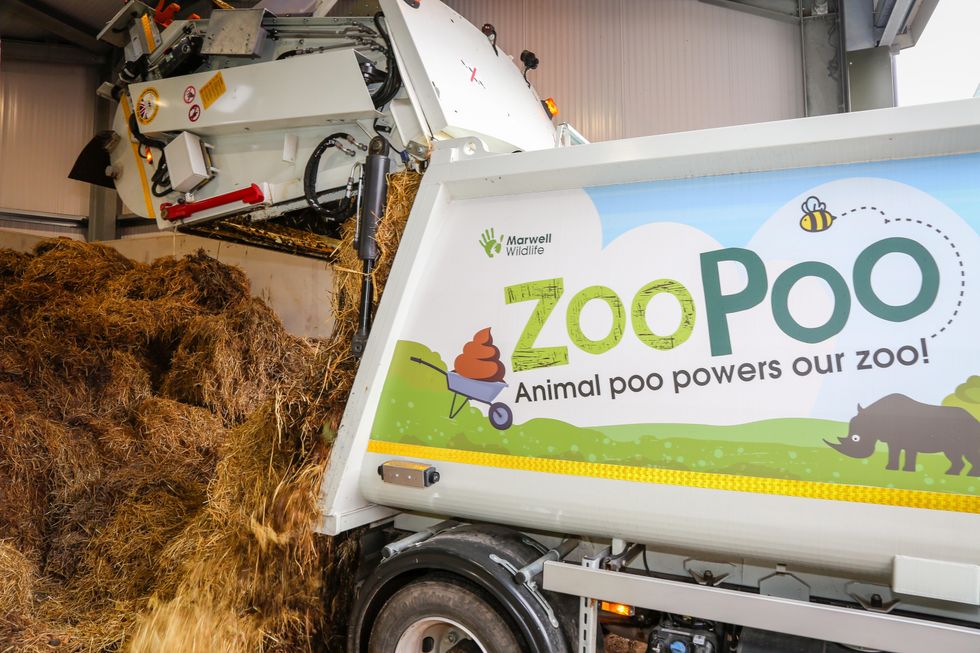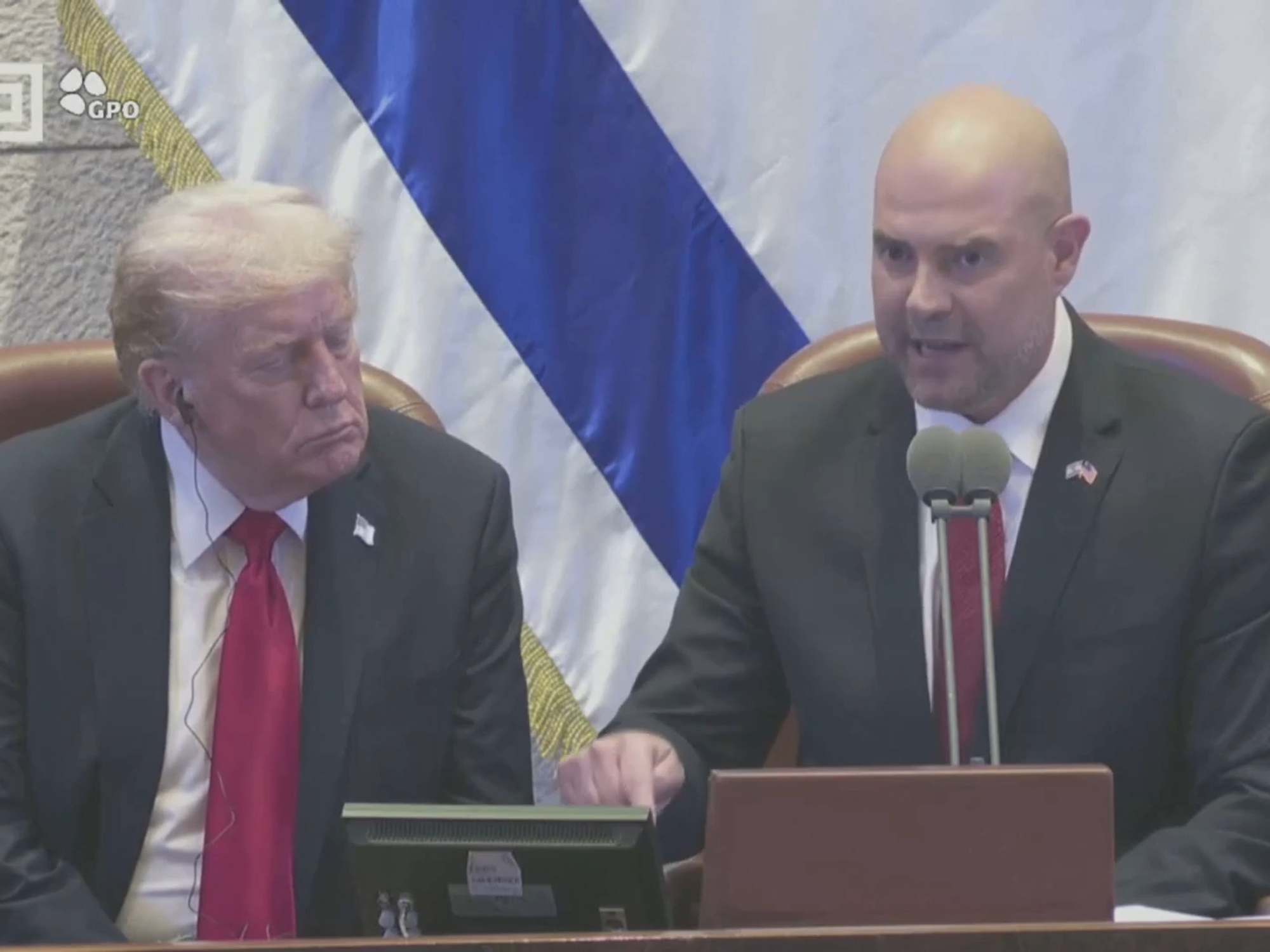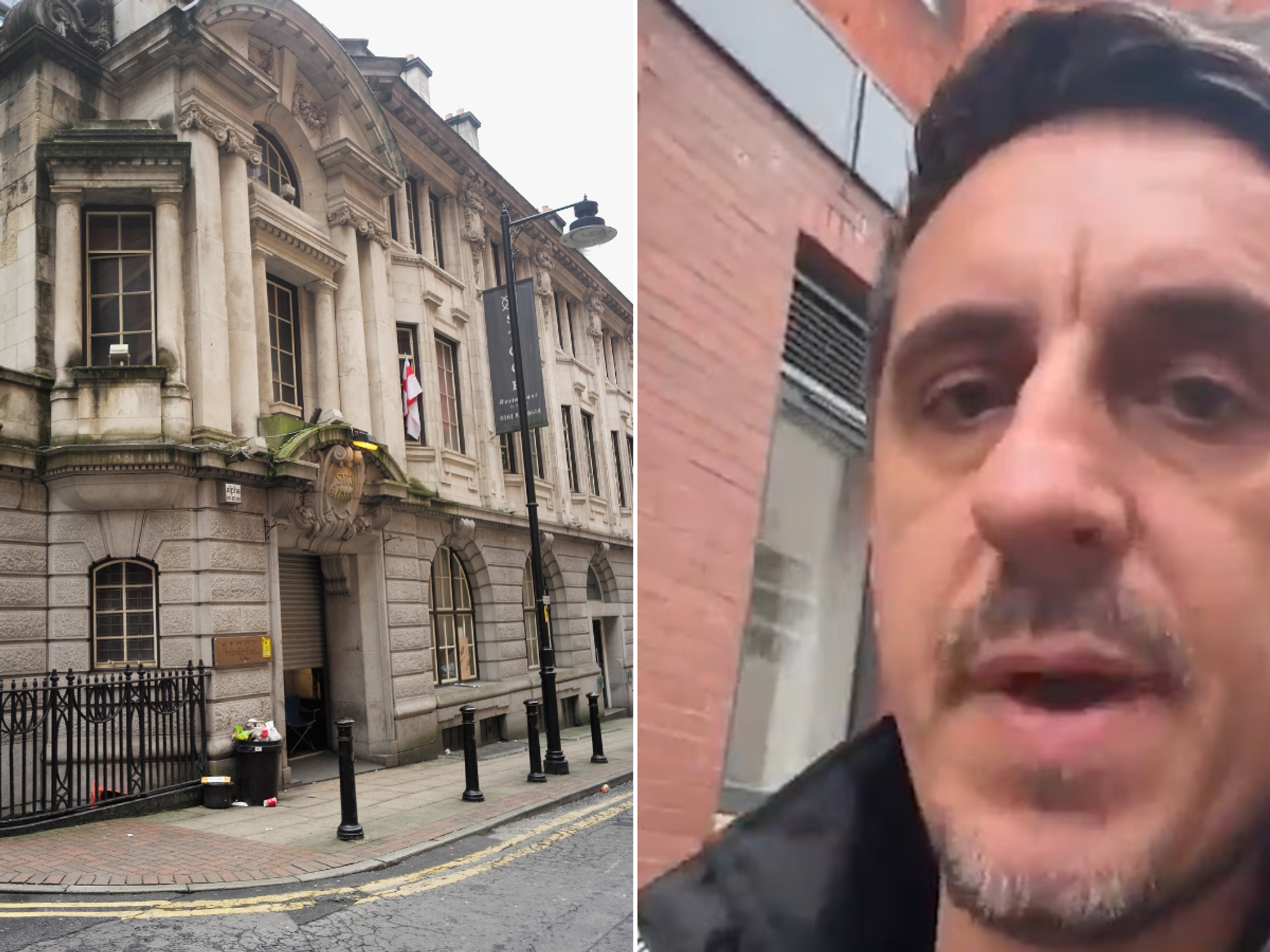Zoo turns poo into power to heat tropical house

Marwell Zoo in Hampshire will heat its largest buildings, including the tropical house, using biomass technology
Don't Miss
Most Read
A zoo has become the first of its kind to generate renewable energy using animal poo.
Marwell Zoo in Hampshire will heat its largest buildings, including the tropical house, using biomass technology which will save the equivalent of 220 tonnes of CO2 each year.
Waste from a range of endangered species – including Grevy’s zebra, the scimitar horned oryx and the Somali wild ass – will be used for the scheme which is helping the conservation charity’s aim of becoming carbon neutral by next year.
Dr Duncan East, the zoo’s head of sustainability, said: “Using heat in this way from our own animals is unique in the UK and as far as we know across the world.
“The urgent need to reduce the burning of fossil fuels and leave these high-carbon sources in the ground means we can’t act soon enough to replace the oil-fired heating systems in these buildings
“Previously 600 tonnes of animal waste was taken off-site to be composted, and this came with a significant carbon transport cost.
A briquette of manure
Paul Collins/Marwell Wildlife
“We came up with the idea of biomass heat generation to reduce our carbon footprint and turn a previous waste stream into a valuable resource – achieving cost savings in the process.”
The animal waste is collected each morning to be shredded and mixed before it is dried and pressed into briquettes, which are fed into the boiler in the Energy for Life: Tropical House which is home to a Linne’s two-toed sloth, free-flying tropical birds and crocodile monitor lizards.











